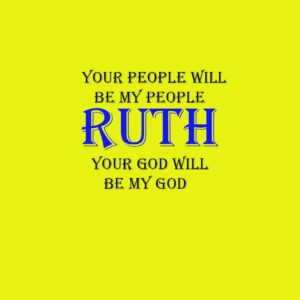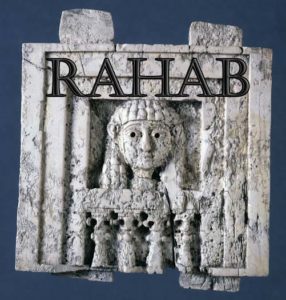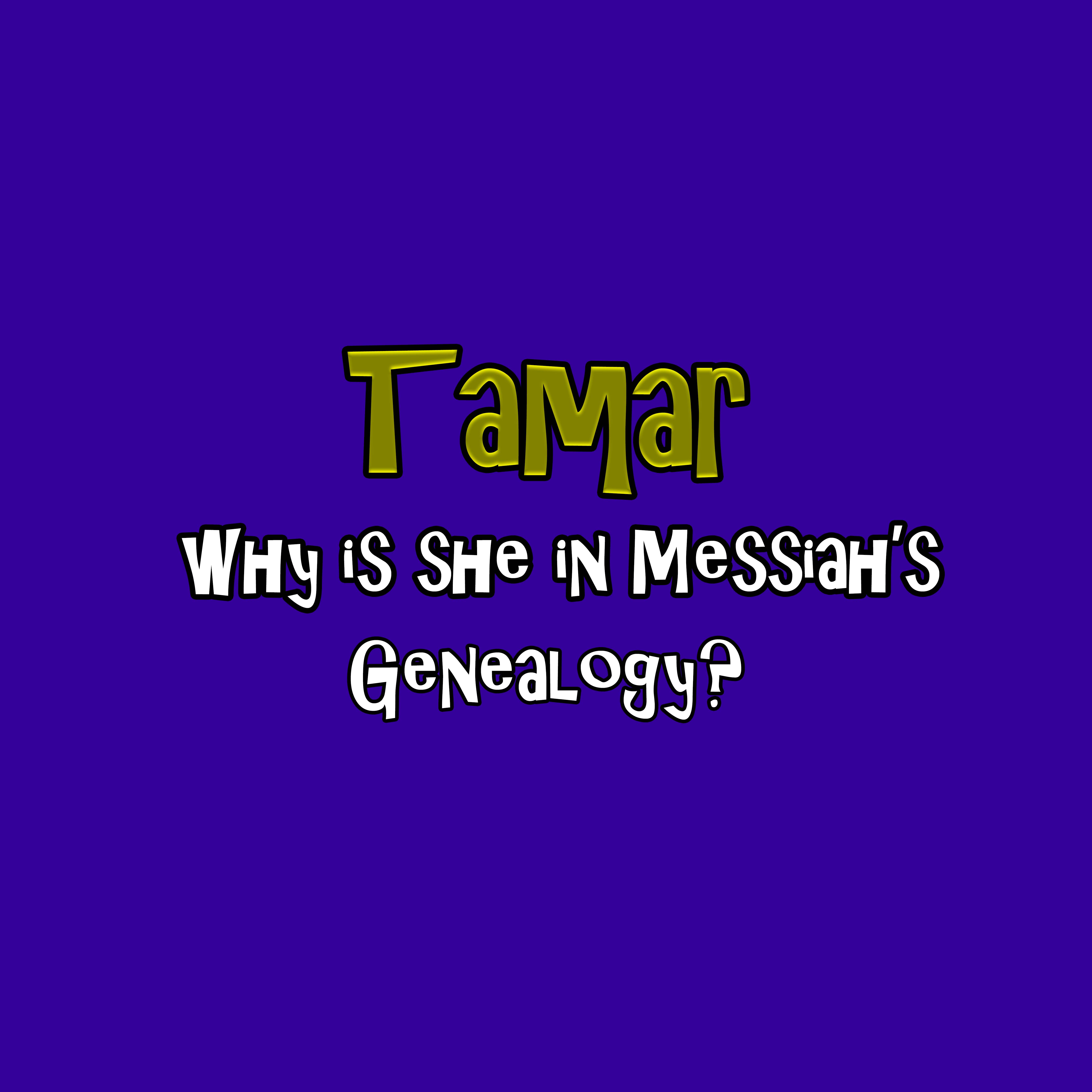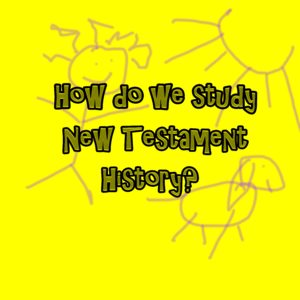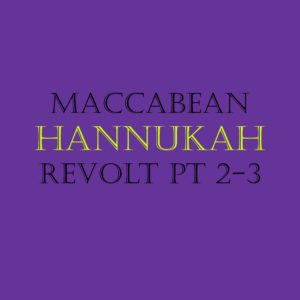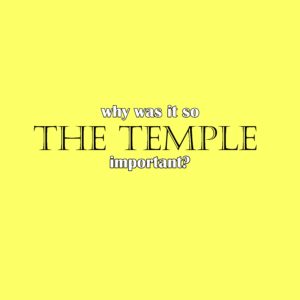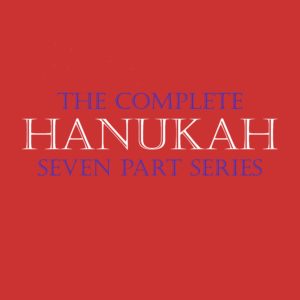 Okay, so here we have all seven parts of my teaching series on Hannukah and why it is so important to understand. We start with the significance of the Temple, and the offerings that were given on feast days. Then we cover the events leading up to the Maccabean revolt and end up with the story of the first Hannukah. In the final video, I read from numerous accounts of Hannukah from I and II Maccabees, Josephus, and i even talk about the famous Hannukah argument between Hillel and Shammai in the first century BCE. If you want to just get the whole playlist on YouTube, here it is
Okay, so here we have all seven parts of my teaching series on Hannukah and why it is so important to understand. We start with the significance of the Temple, and the offerings that were given on feast days. Then we cover the events leading up to the Maccabean revolt and end up with the story of the first Hannukah. In the final video, I read from numerous accounts of Hannukah from I and II Maccabees, Josephus, and i even talk about the famous Hannukah argument between Hillel and Shammai in the first century BCE. If you want to just get the whole playlist on YouTube, here it is
[youtube https://www.youtube.com/watch?v=eIMB4ncx4ms?feature=oembed&w=830&h=467]
[youtube https://www.youtube.com/watch?v=OrzXDS17_1Q?feature=oembed&w=830&h=467]
[youtube https://www.youtube.com/watch?v=WH6-hoFLNl8?feature=oembed&w=830&h=467]
[youtube https://www.youtube.com/watch?v=CTlMV-EUhM0?feature=oembed&w=830&h=467]
[youtube https://www.youtube.com/watch?v=ABhshRcVLpg?start=20&feature=oembed&w=830&h=467]
[youtube https://www.youtube.com/watch?v=-igPv5c9r7I?feature=oembed&w=830&h=467]
[youtube https://www.youtube.com/watch?v=Rp9DwlmzFCs?start=187&feature=oembed&w=830&h=467]
Okay, here are the links to some of the resources:
I Maccabees (starting with Chap 1)
II Maccabees
Josephus
The Hannukah Anthology by Philip Goodman
and here are some of my favorite fun videos from the Maccabeats, a Jewish acapella group (I love acapella)
[youtube https://www.youtube.com/watch?v=oHwyTxxQHmQ?feature=oembed&w=830&h=467]
[youtube https://www.youtube.com/watch?v=qSJCSR4MuhU?feature=oembed&w=830&h=623]
 Well, here we are with our last PG-13 teaching for a long time, thank goodness. I much prefer teaching for a general audience but it’s in the Bible so it would also be irresponsible to just pretend like this doesn’t exist. Bathsheba has an undeserved bad reputation, alongside Jezebel and Delilah as temptresses – but in Bathsheba’s case, that reputation is undeserved and I will prove it entirely from the original Hebrew and archaeology.
Well, here we are with our last PG-13 teaching for a long time, thank goodness. I much prefer teaching for a general audience but it’s in the Bible so it would also be irresponsible to just pretend like this doesn’t exist. Bathsheba has an undeserved bad reputation, alongside Jezebel and Delilah as temptresses – but in Bathsheba’s case, that reputation is undeserved and I will prove it entirely from the original Hebrew and archaeology.